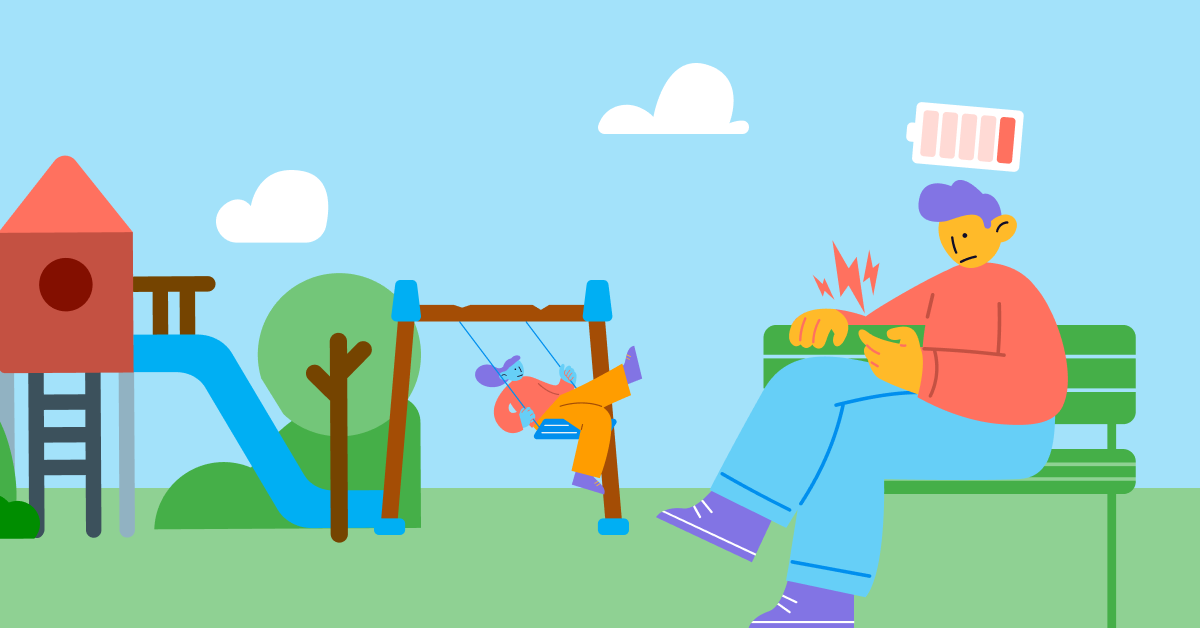You can be a great parent!
Parenting can be tough at times, for anyone. With a rheumatic diagnosis, the challenges become even greater. Difficulty participating in physically demanding games, and a lack of energy that strikes without warning, risk creating a feeling of inadequacy. But the fact is that the diagnosis is no obstacle to being a great parent.
You are in remission and everything feels great. But suddenly a relapse strikes, and your plans to go to the water park have to be canceled. Or, you really want to be able to play wrestling with your child, but your body doesn't allow it right now.
The bad conscience about not always being able to do those things that others do with their children is constantly lurking in the background. Sometimes even feelings of guilt and shame may come to mind. Do you recognize yourself?
It’s not about physique
Good parenting has nothing to do with your physical ability (1). What your children want and really need is your attention (2).
You can talk to your child, play games, or read a book just as well as any parent. The disease does not have to prevent you from communicating, guiding, nurturing and being there when your child needs you.
Important lessons
There are even things that children can learn from having a parent living with rheumatic disease. Be sure to talk to your children about your diagnosis. Explain in an age-appropriate way that you are in pain and why.
Hiding the disease creates a feeling of shame, even in your children (1). Instead, show how you handle your situation by, for example, asking for help. By being around you, your children can develop empathy as well as an ability to handle difficult emotions and situations (3), which they can benefit from in many ways in the future.
Let your children help
Don't be afraid to let your children help you with various practical tasks. As long as the tasks are reasonable for their age, they can grow out of the feeling of being able to handle things and be useful. Sometimes, they can handle much more than we think.
In an article on Webmd, a mother of five tells how her children had to help in the kitchen, and how cooking became something of a family activity. The tasks and responsibilities grew with the children's age, and now her oldest children are skilled cooks. (2)
Next time, we will cover more practical tips for parents who struggle with joint problems, relapses and fatigue. Don't miss it!
